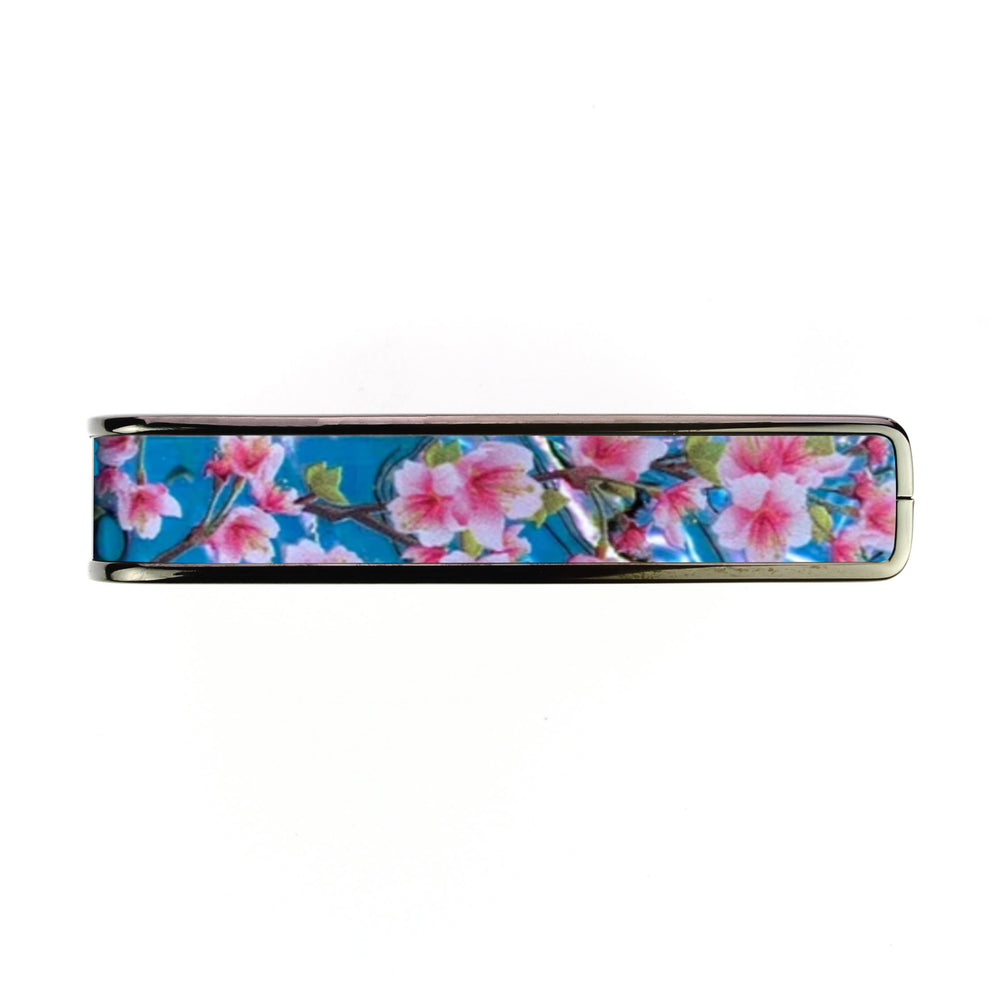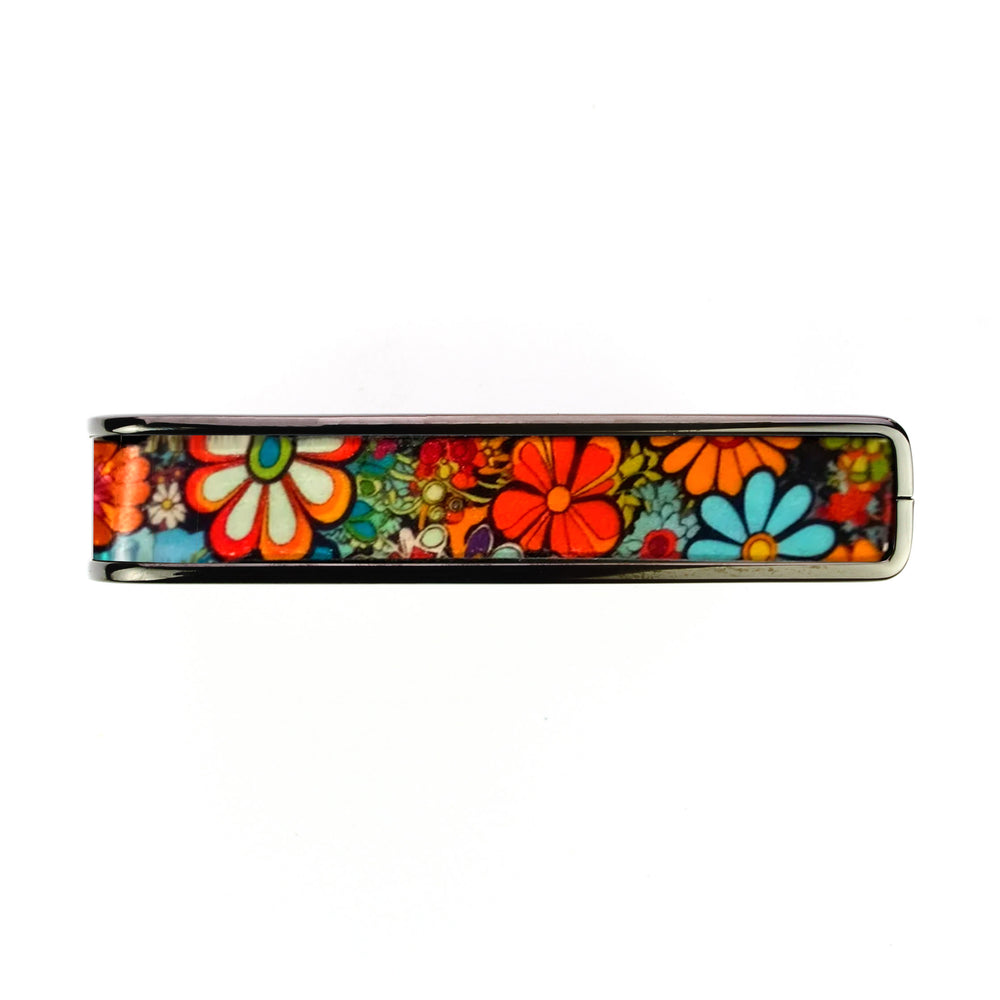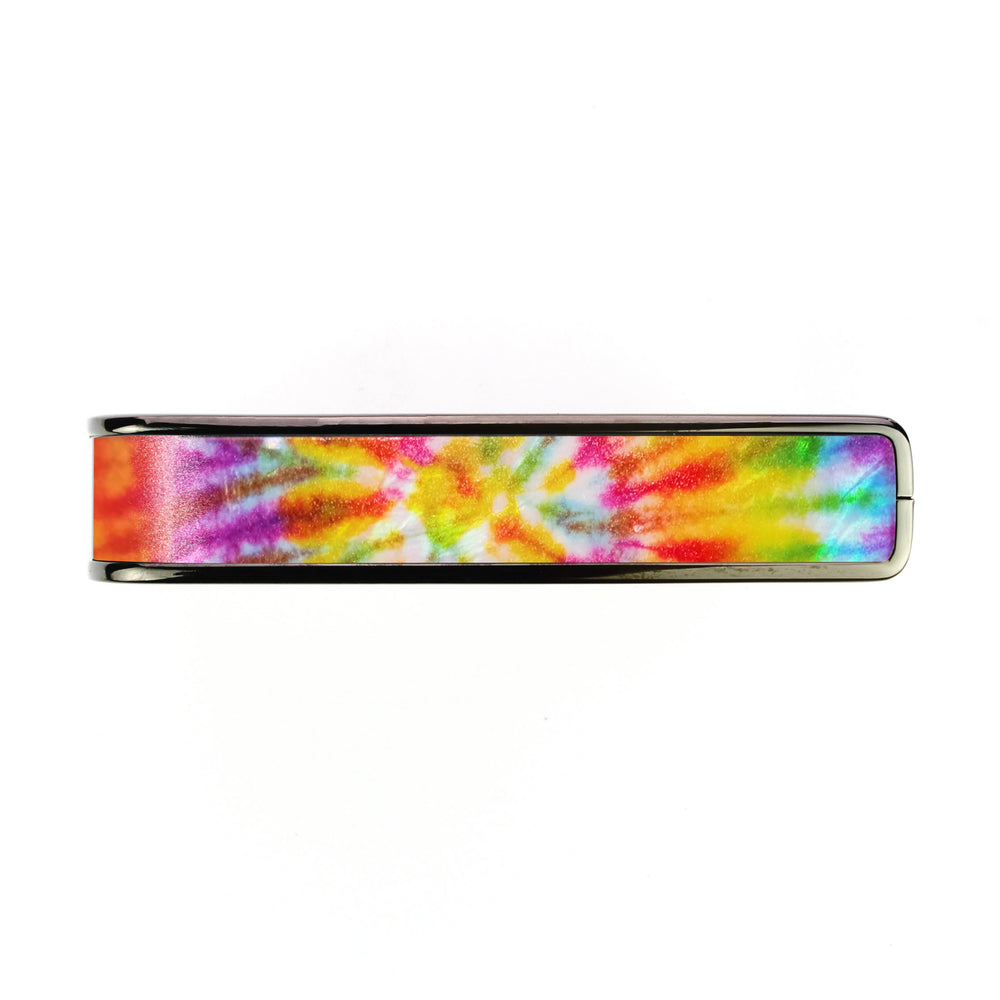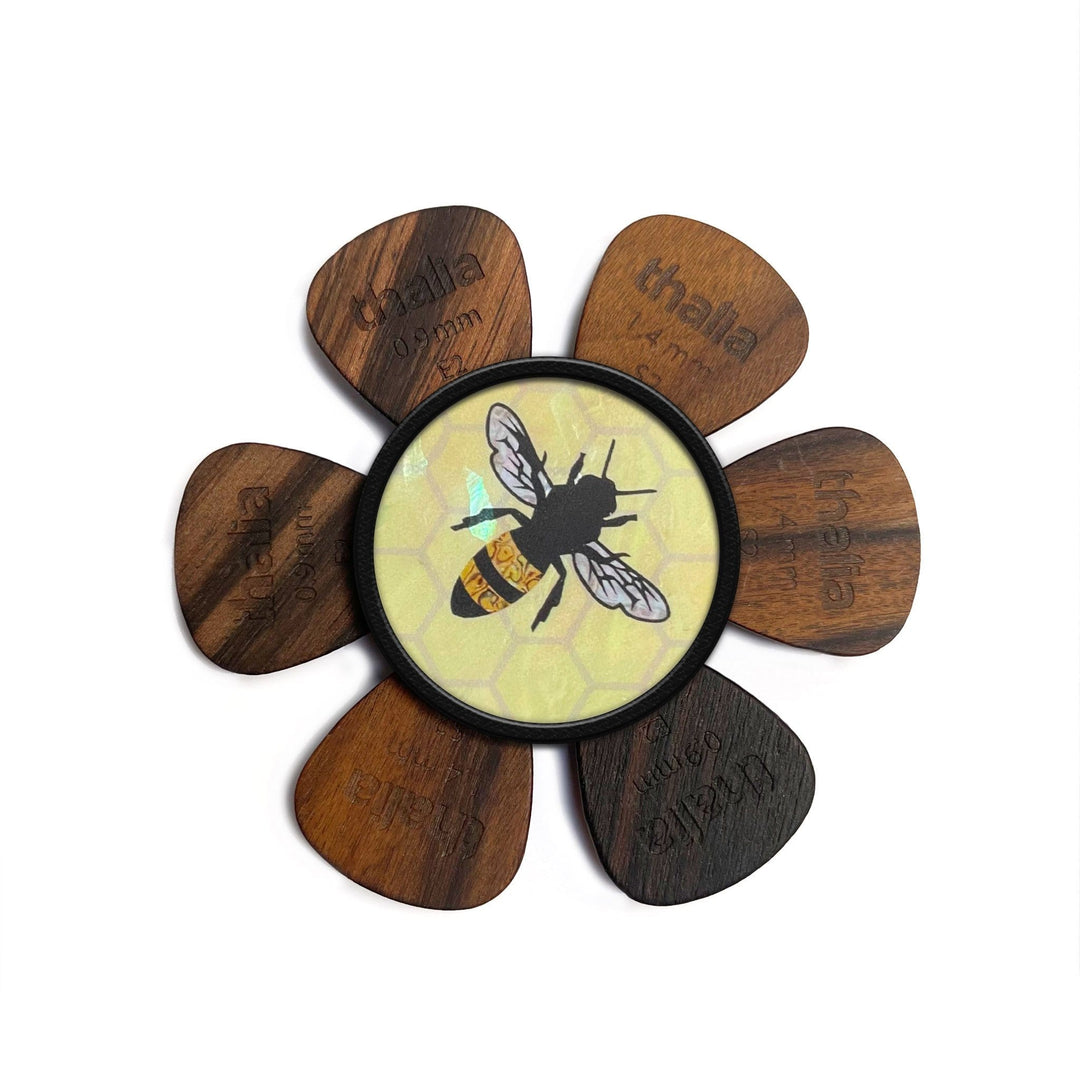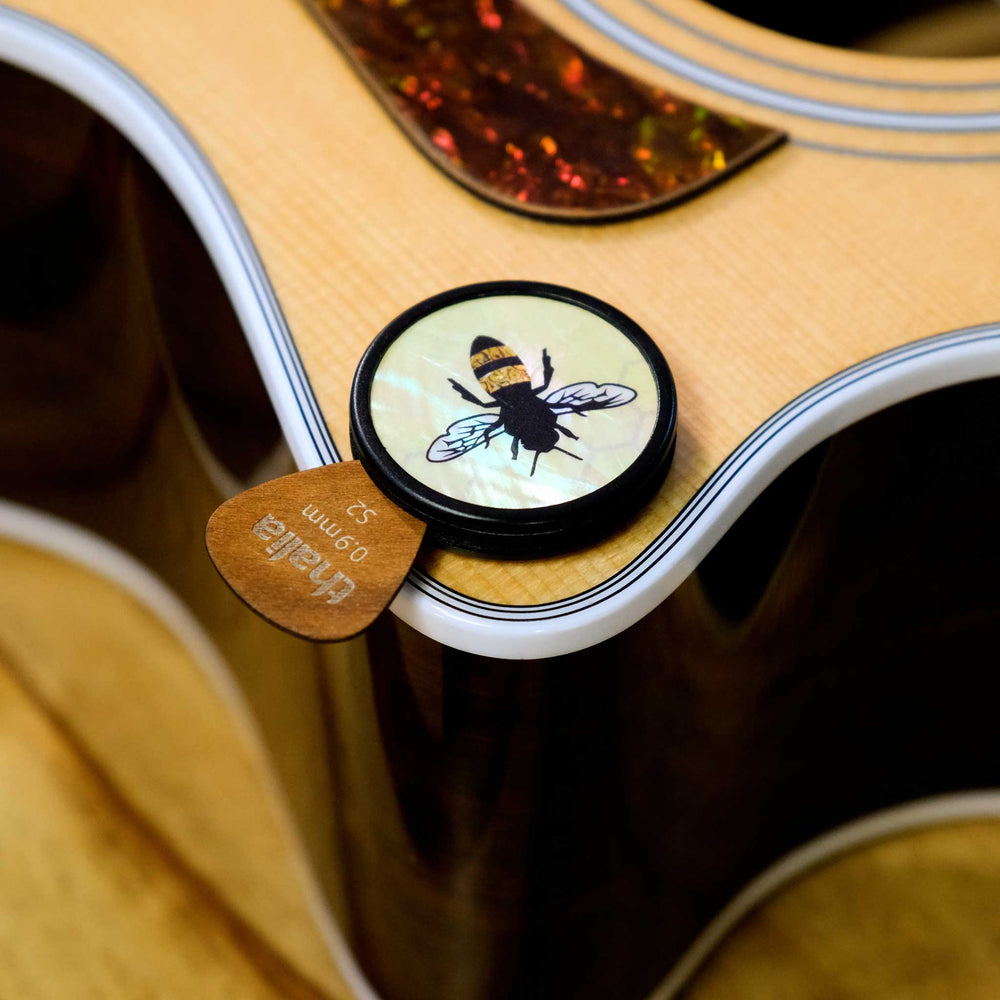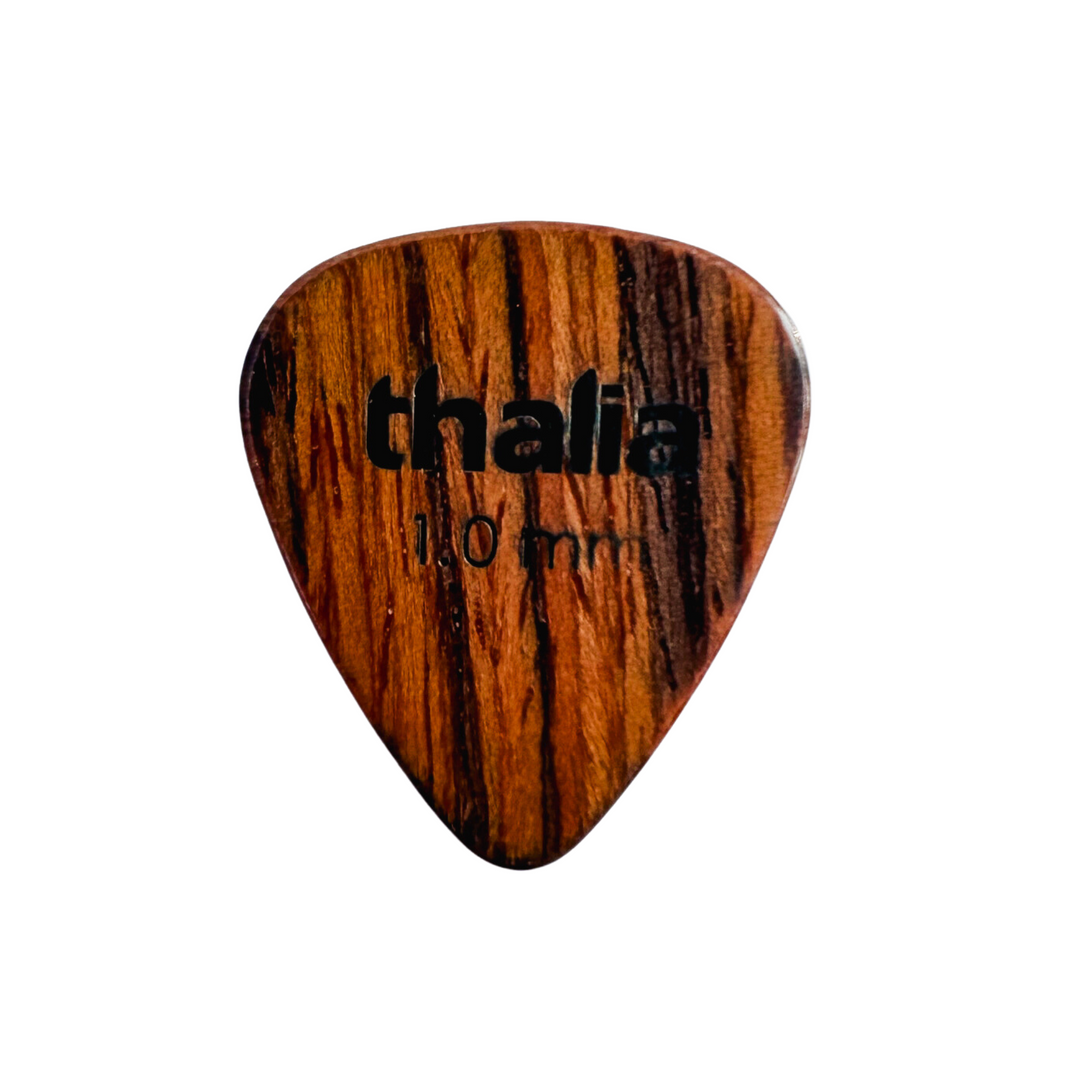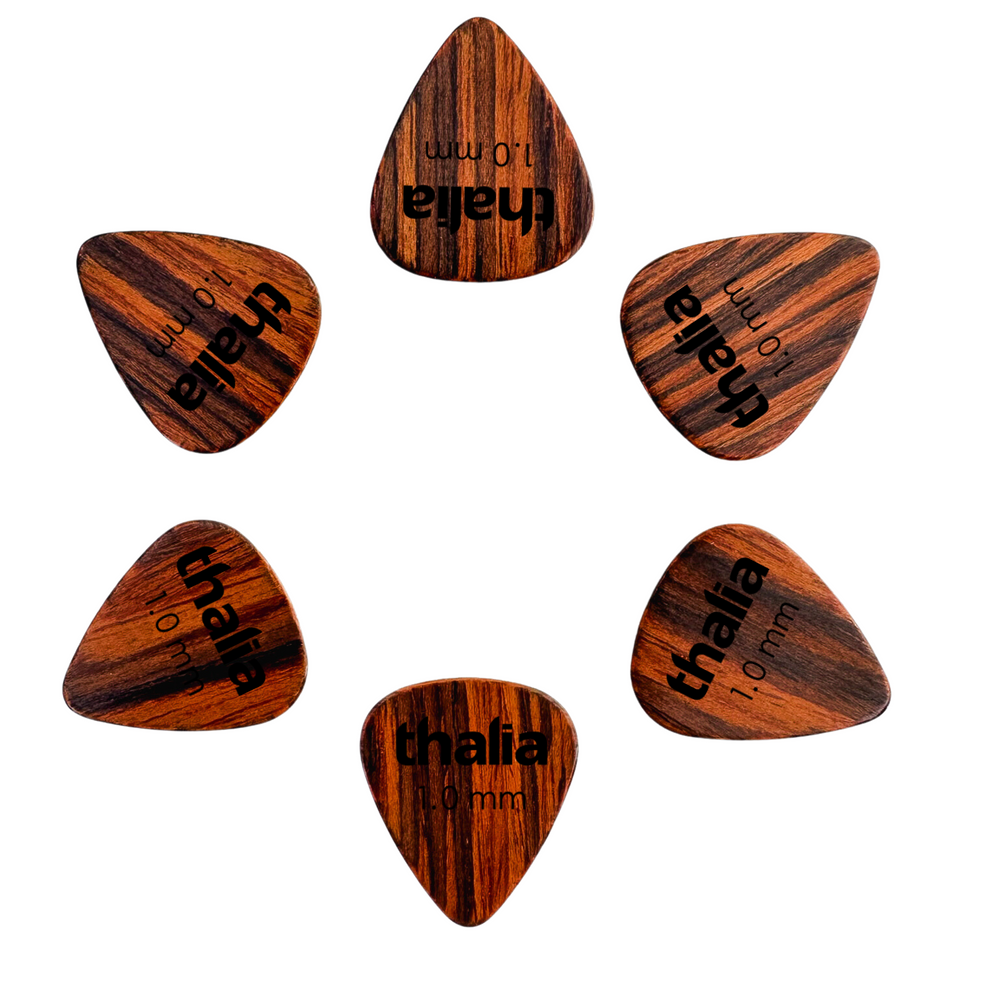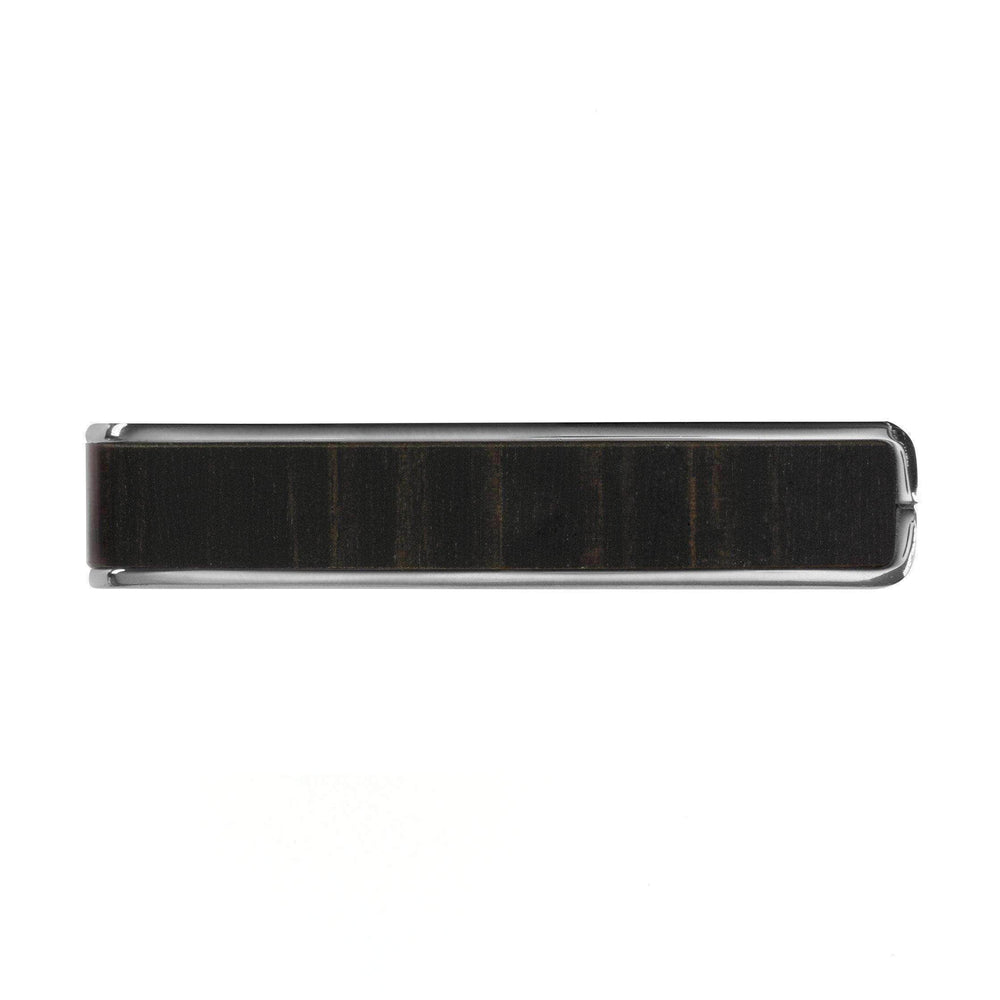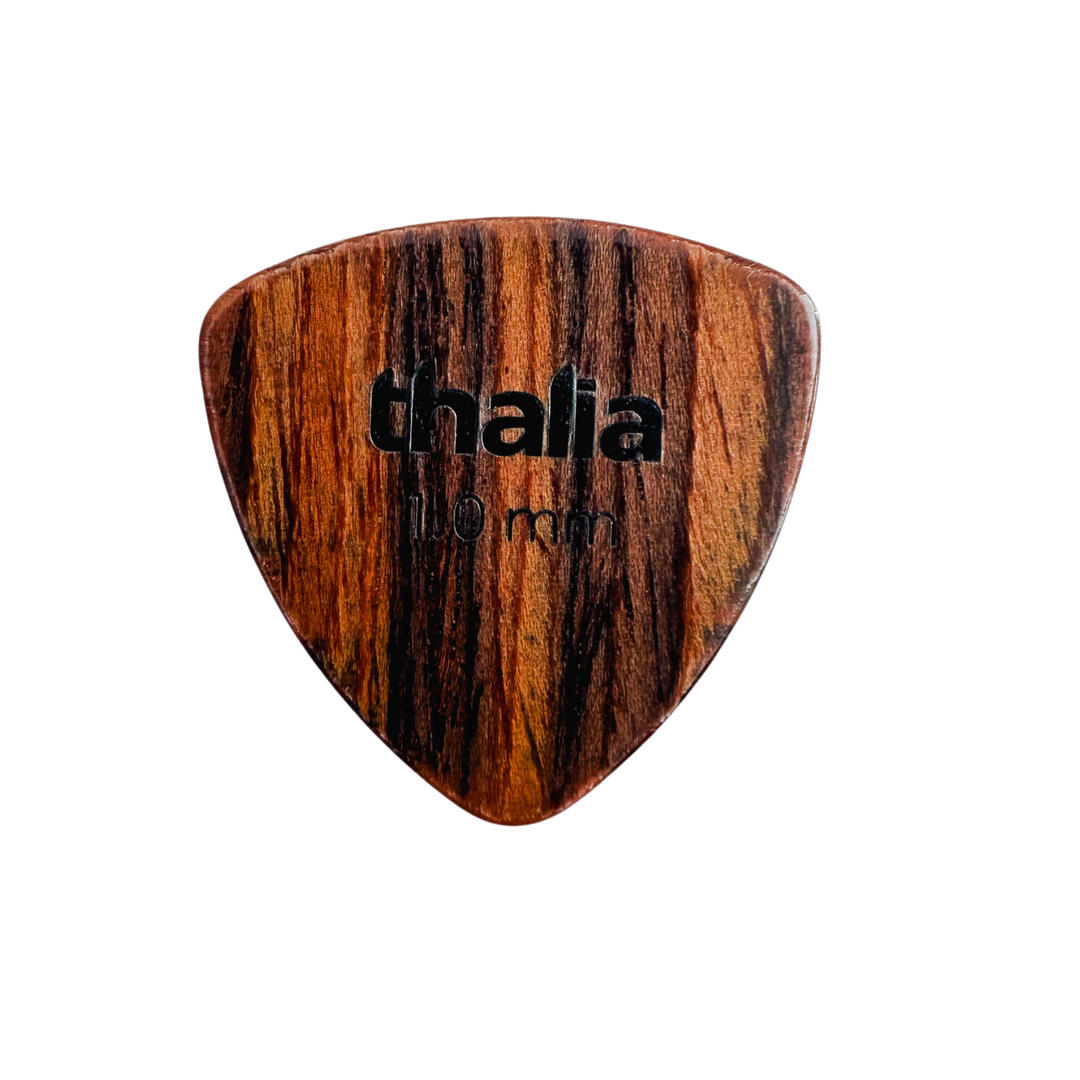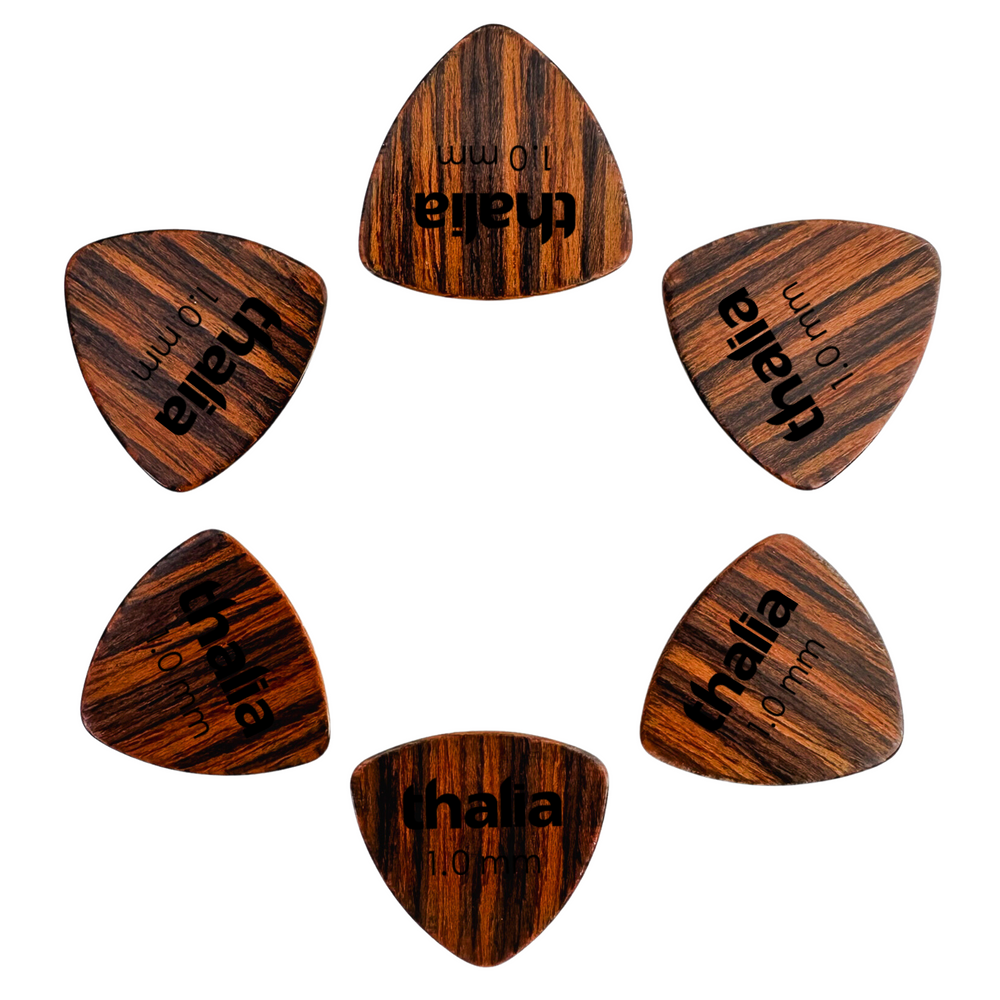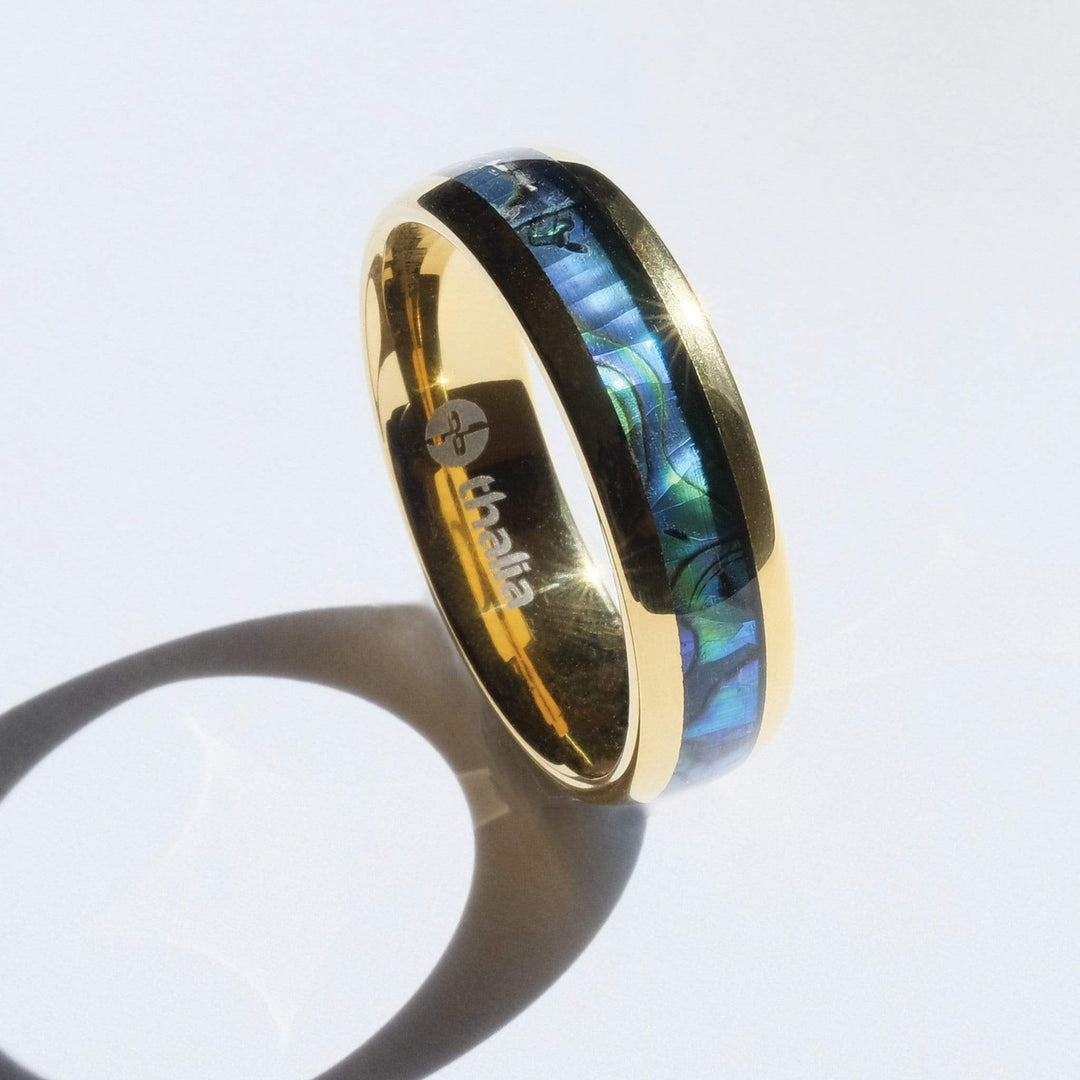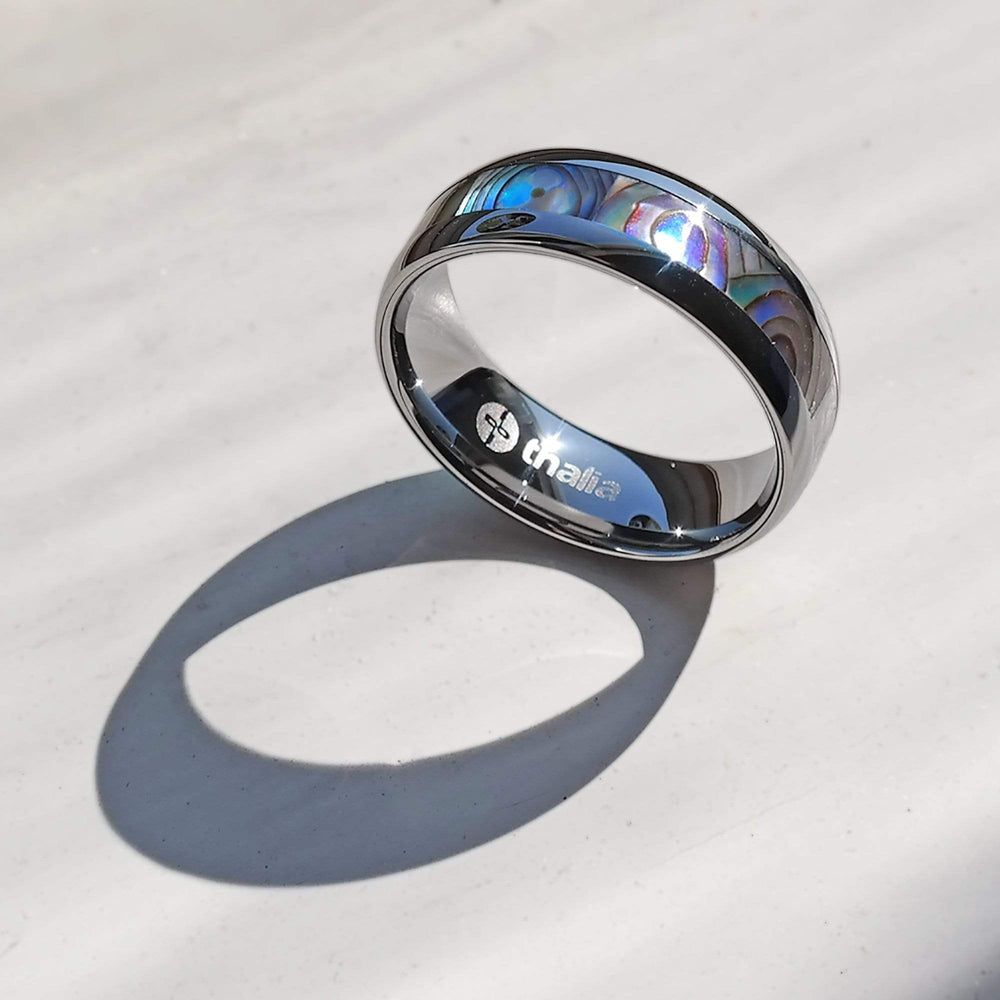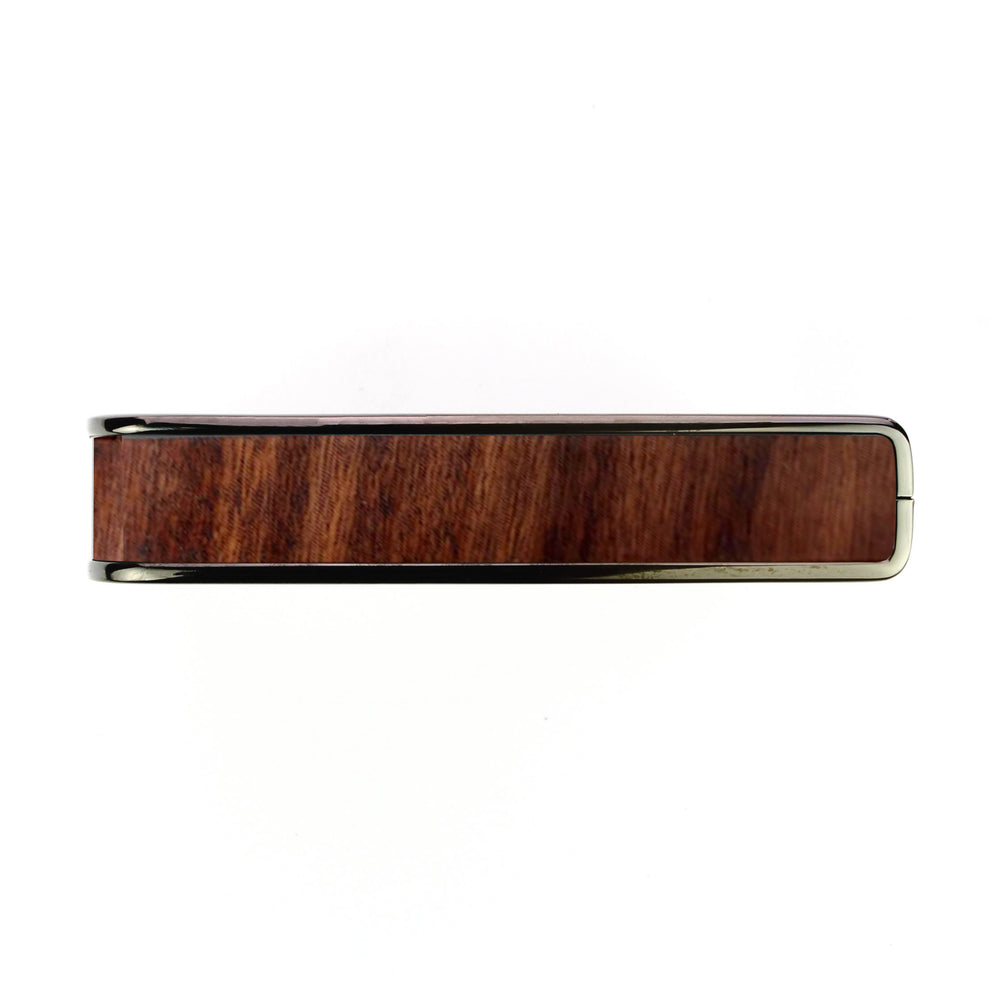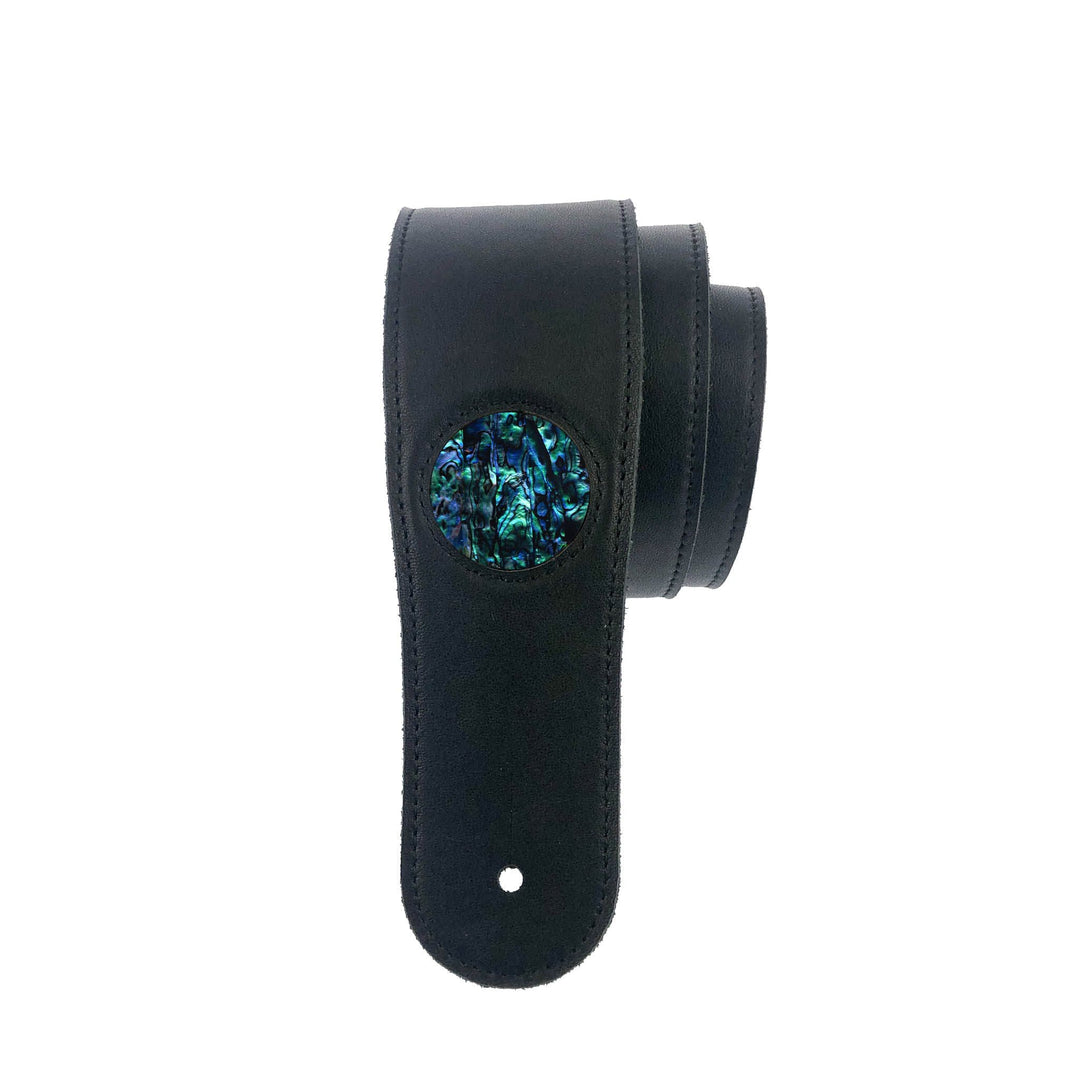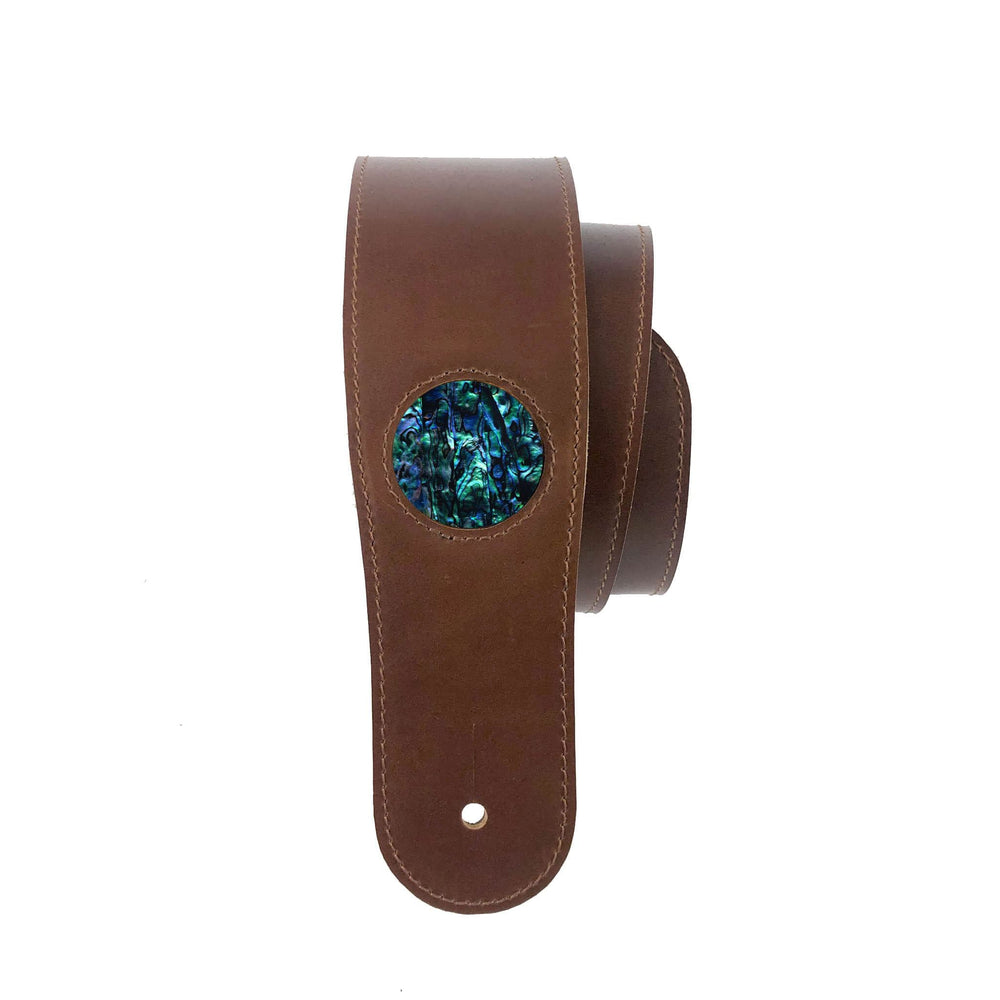How to Convince your Spouse to Buy you a Guitar for Christmas
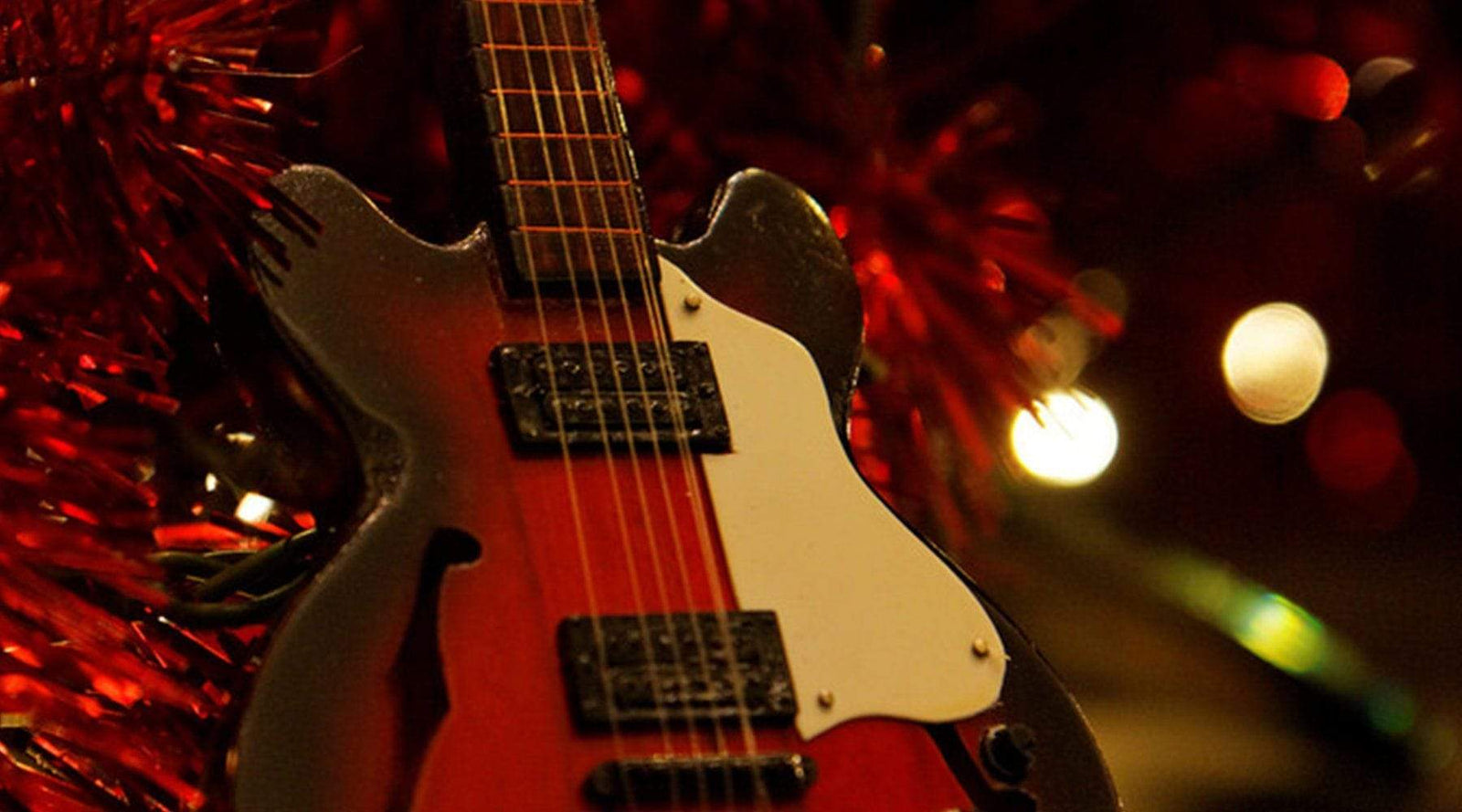
Hide your existing guitars
Why won’t your partner buy you a guitar for Christmas? Probably because they think you own too many of them.
You can try and justify it all you want: “I keep that one in DADGAD. That one’s a parlor guitar, that one’s a dreadnaught. Strats sound different to Les Pauls!”
Unfortunately, though, none of this will fly. As far as they're concerned, “too many guitars” is less than the amount you currently have.
Your instruments aren’t as sacred to them as they are to you. In fact, they’re just obstacles, taking up space under the bed and in the closet that could be used for unimportant things like bed linen and Sunday best clothes.
 One way to get around this, of course, is to hide your existing guitars.
One way to get around this, of course, is to hide your existing guitars.
Now, there’s a fine art to doing this. You can’t get rid of them all in one go: that’s too obvious. Move them gradually, over the space of a few months. Oh, and you can’t hide them in the house either – if they finds them, the gig is up. Lend them out to trusted buddies, or rent a self-storage space.
Finally, and most important to pulling this off, you can’t get rid of all of them. They'll definitely notice that, and it won’t fly. You just need to get rid of enough of them. As a rule, you should aim to reduce your guitar collection to a third of the total instruments. Twelve guitars becomes four, for example.
With your guitar collection appearing depleted, they'll probably be much more amenable to bringing that SJ-200 reissue home over the holiday season.
From here, your only challenge is getting your old guitars back into the house… how you do that, though, is up to you.
Pretend you’re going on tour
This one is a doozy. But, if you can pull it off, the rewards are yours for the taking.
To do this, you will need:
- To book a two-week holiday off work sometime in the first half of the New Year
- A facsimile contract of employment as a touring guitarist
- A friend who does a convincing impression of Peter Frampton
 Book your holiday. Then about a month before Christmas, get the aforementioned Frampton-like friend to leave a message on your voicemail. It should be something to the effect of:
Book your holiday. Then about a month before Christmas, get the aforementioned Frampton-like friend to leave a message on your voicemail. It should be something to the effect of:
“Hi [your name]. It’s Peter Frampton here. Listen, I’m due to go out on tour in [the two weeks of holiday you’ve booked], but my rhythm guitarist has contracted smallpox and won’t be able to make it. [Your friend’s name] is a friend of mine, and he says you’ve got the chops for the job.
Let me know if you’re up for it, and I’ll get the paperwork sent through. Oh, by the way, if you could bring an [insert guitar you want for Christmas here], that’d be great. It really fits the aesthetic of the band.”
 Then, play the message to your spouse. Tell them how it’s the opportunity of a lifetime, but that you don’t have the guitar. After that, gently nudge that Christmas is coming and wait for her (hopefully) positive reaction.
Then, play the message to your spouse. Tell them how it’s the opportunity of a lifetime, but that you don’t have the guitar. After that, gently nudge that Christmas is coming and wait for her (hopefully) positive reaction.
"A few days later, the contract arrives for added authenticity. And then, on December 25th, so does your guitar!
Now, all you’ve got to do is book a motel to hide in for those two weeks. Oh, and hope that your spouse doesn’t either:
- Like Peter Frampton enough to actually want to watch you play with him
- Like Peter Frampton enough to look up his videos on YouTube and realize you’re not there…




